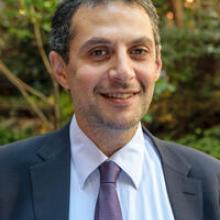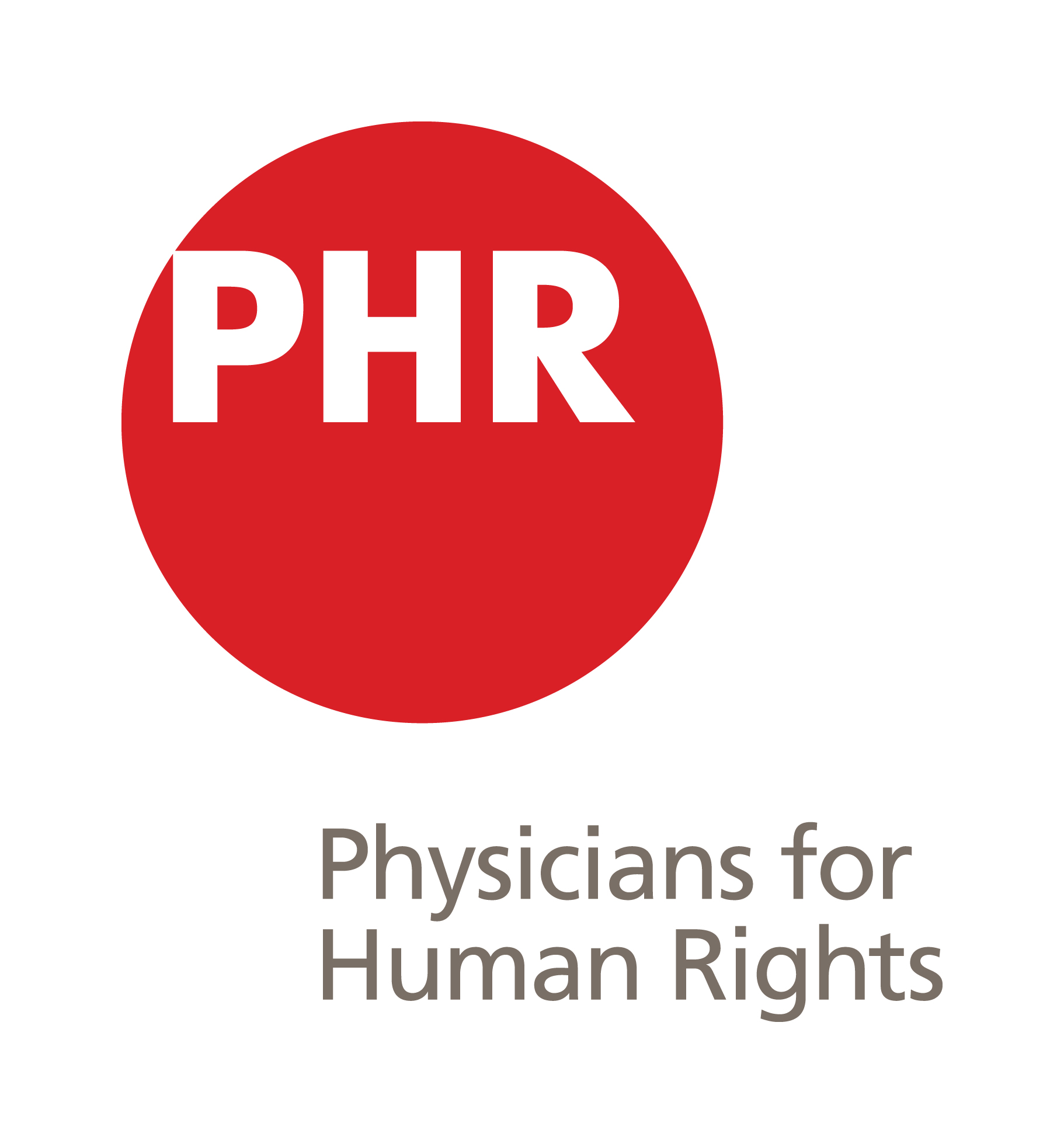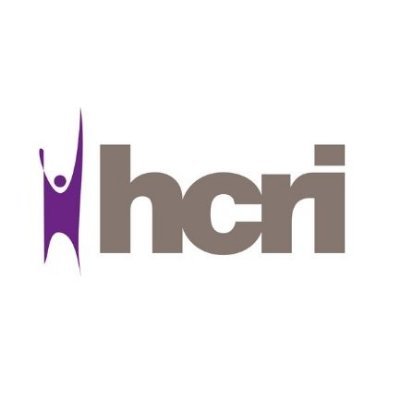Conflict and Health
UC Berkeley is collaborating with other leading universities and civil society actors across the globe on understanding how conflict impacts health and how violations of international law can exacerbate health crises. Ongoing studies include the Syria Health Impacts Study led by UC Berkeley and funded by ELRHA, as well as the Researching the Impact of Attacks on Healthcare (RIAH) Study where UC Berkeley partners with a multi-institution consortium led by HCRI at the University of Manchester.
Syria Health Impacts Study
Overview
The Syrian people have witnessed an unprecedented number and scale of attacks on healthcare since 2011. While important work to identify and document these incidents, including by SAMS and PHR, has elucidated the severe immediate impacts of attacks on hospitals, heathworkers, patients, and transports, the intermediate and long-term impacts are certainly even more profound and have not been well-studied. How do different types of attacks on health facilities, directly and indirectly, impact health care providers, services, and outcomes? What are practical methods and metrics for characterizing attacks and their impacts in different contexts? This research aims to change the narrative around attacks on health by highlighting their impacts on the health systems and health outcomes, thereby informing discussions on protection, advocacy, and programming to better protect health and mitigate harm.
The study uses a multi-disciplinary, mixed-methods approach to address this critical topic: the intermediate and long-term effects of bombing health facilities on the community’s health are largely unknown. Quantitative data analysis, including epidemiological/biostatistical analysis, as well as geo-temporal visualisation and mapping techniques, are used to assess the health impacts of attacks on health by examining service availability and utilisation, as well as disease incidence. Qualitative key informant interviews are conducted with health workers and administrators to understand how such attacks influence their decision-making and response. Findings inform health service programme planning and preparedness in conflict and post-conflict Syria, and present a model for monitoring public health vulnerabilities stemming from attacks on health in other contexts.
Collaborating Institutions:
- Assistance Coordination Unit (ACU). Gaziantep, Turkey
- Johns Hopkins University (JHU), School of Public Health, Center for Humanitarian Health. Baltimore, MD USA
- Physicians for Human Rights (PHR). New York, NY USA
- Syrian American Medical Society (SAMS). Washington D.C., USA & Gaziantep, Turkey
- University of California at Berkeley (CAL), School of Public Health & Human Rights Center, School of Law. Berkeley, CA USA (Lead Institution, PI Rohini Haar; rohinihaar@berkeley.edu)
- Funding provided by the Research for Health in Humanitarian Crises (R2HC) programme at ELRHA. London, UK
Publications and Media
Researching the Impact of Attacks on Healthcare (RIAH)
Overview (Website)
A consortium of researchers, led by the Humanitarian and Conflict Response Institute at The University of Manchester in collaboration with the University of Geneva and Johns Hopkins Bloomberg School of Public Health, have developed a new research programme: Researching the Impact of Attacks on Healthcare (RIAH). The programme currently receives funding from the UK Government.
The aim of the research is to improve the understanding of the nature, frequency, scale, and impact of attacks on healthcare in conflict through improved data collection and analysis. Multiple international studies confirm a global consensus that attacks on health often threaten the sanctity of health care, disrespect the right to health care, and violate international humanitarian law. Gathering evidence of attacks has to date been crucial in raising awareness of the issue. But existing evidence is largely restricted to the reporting of incidents and their immediate impact, and falls short of providing data on the longer-term and wider impacts of attacks on healthcare access and utilisation as well as broader public health outcomes.
This research will transcend previous work on attacks against healthcare through rigorous new and sustained data collection over the lifetime of the project. It aims to produce data that generate stronger evidence of the scale and nature of the problem and document the impacts of the attacks to support global policy and advocacy efforts.
Collaborating Institutions:
- University of Manchester, Humanitarian and Conflict Response Institute. Manchester, UK
- University of Antioquia. Medellín, Colombia
- University of Geneva, Centre for Education and Research in Humanitarian Action. Geneva, Switzerland
- Johns Hopkins University (JHU), School of Public Health. Baltimore, MD USA
- University of California at Berkeley (CAL), School of Public Health. Berkeley, CA USA
For more information about these and other related projects on war, health, and human rights, please contact Dr. Rohini Haar (rohinihaar@berkeley.edu).

















